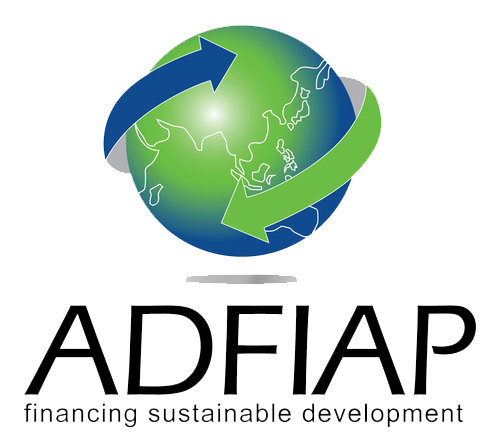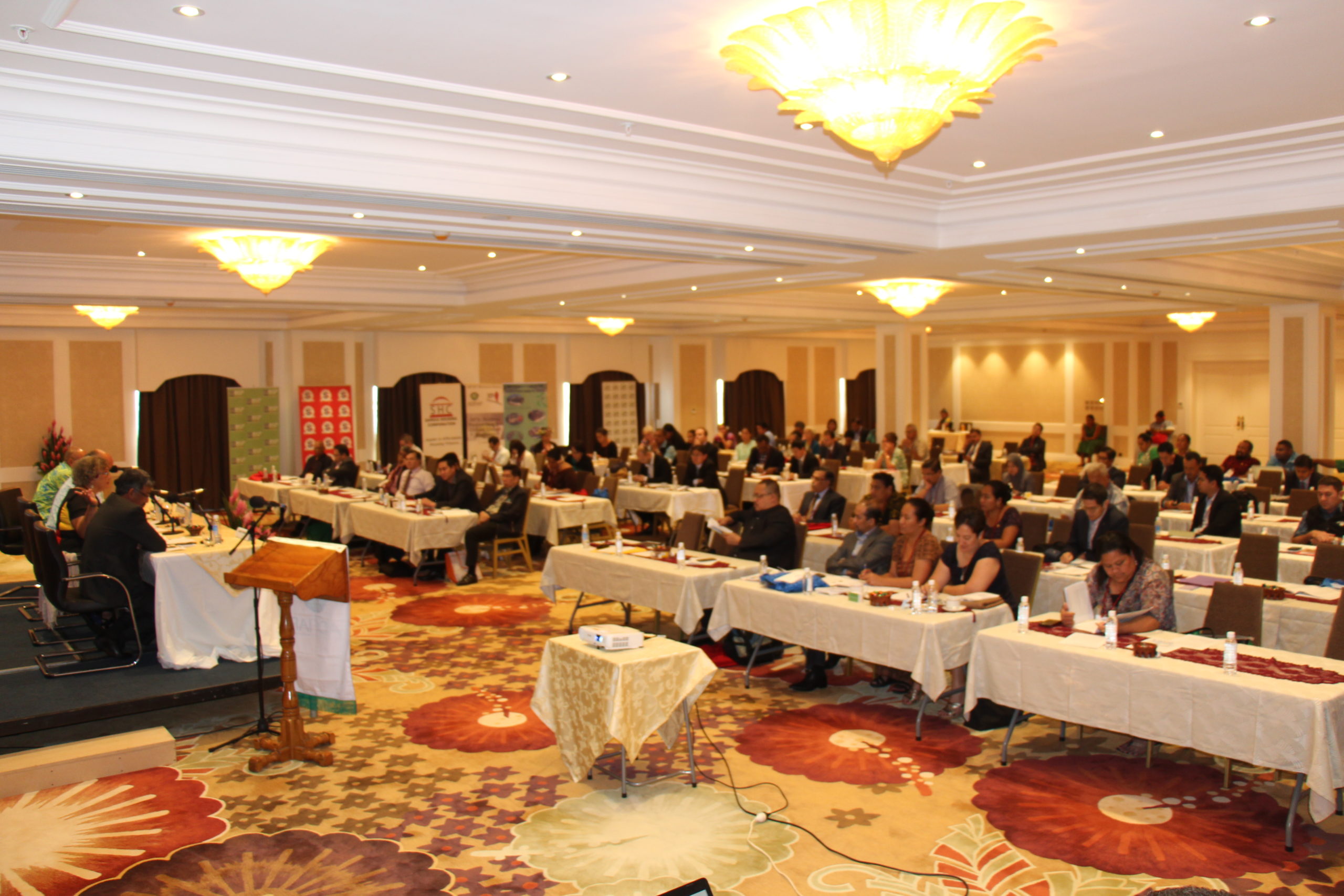Delegates attending the 39th ADFIAP Annual Meetings (see separate story) held in Apia, Samoa from May 2-5, 2016 have crafted the “Samoa Declaration”, a summation and guideposts of the discussions made during the conference which was timely themed, “DFIs: Building Partnerships for Climate Change Resilience”.
Declaration No. 1: Institutionalizing Environmental Governance and Management. REALIZING that addressing environmental concerns and climate change issues starts from within, ADFIAP will continue with its ‘Greening of DFIs’ programme that institutionalizes policies, procedures and practices of good environmental governance through training and capacity-building programs, advocacy work and collaboration initiatives, utilizing existing best practices of members as well as adopting international norms and standards.
Declaration No. 2: Enhancing Regional Cooperation for Climate Change Resilience. COMMITTING to the mission of ADFIAP in advancing sustainable development in members’ countries, particularly in using finance and technical assistance as instruments to catalyze climate-resilient development, ADFIAP and its members will explore and advocate for regional cooperation, policy framework support and other collaborative undertakings in coming up with new and better ways to deal with environmental and climate change issues such as, but not limited to, energy efficiency investments, green funds, climate bonds, and other related financing mechanisms.
Declaration No. 3: Creating an Enabling Environment to Facilitate Access to Finance and Financial Cooperation. ACKNOWLEDGING the enormity and scope of investments needed to mitigate the adverse effects of climate change, ADFIAP and its members will pursue and develop financing sources as well as financial cooperation towards the goal of contributing their share in building greener economies in their respective areas of operation by investing and facilitating access to finance to projects on clean and renewable energy, low-carbon transportation, water and sanitation, waste treatment, green buildings and housing, sustainable agriculture and forests and other similar environmental projects.
Declaration No. 4: Enhancing the Role and Contribution of MSMEs to Sustainable Development. RECOGNIZING that micro, small and medium enterprises (MSMEs) comprise the largest contributor of business activity and generator of revenues, skills and innovations in most economies, and that many DFIs are engaged in providing financial and technical assistance to MSMEs, ADFIAP members will, on one hand, continue to explore and develop new financing programs and services for MSMEs, and on the other, leverage these resources for better practices in the sector, including green initiatives.
Declaration No. 5: Engaging for a Green Economy, Poverty Reduction and Inclusive Development. NOTING that the Asia-Pacific economies have opted for a “Green Growth Strategy” that is based on greening businesses and markets, sustainable infrastructure, green tax and budget reform, investment in natural capital, and eco-efficiency through cleaner production, ADFIAP and its members will engage in and advocate for policies and strategies toward supporting, among others, relevant economic instruments, eco-tax reform, green procurement, public information disclosure, and product stewardship tools aimed at achieving poverty reduction and inclusive development.
Declaration No. 6: DFIs and the SDGs. RESPONDING to the U.N.-backed Sustainable Development Goals (SDGs) 2030, a set of inter-governmental aspirational goals for achieving a better future to end extreme poverty, fight inequality and injustice, and protect our planet, ADFIAP will draw from the experiences of its members and other stakeholders as well as encourage them to develop and conduct programs and activities on how DFIs can further contribute to the attainment of these goals.
Adopted this 4th day of May 2016 in Apia, Samoa

